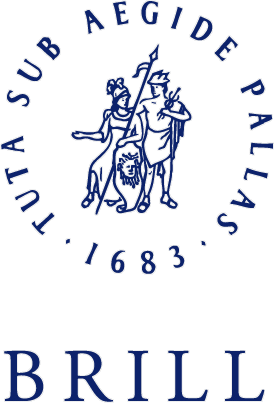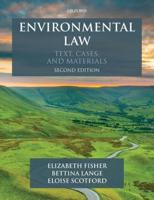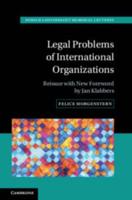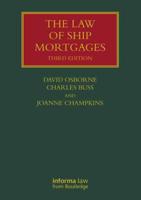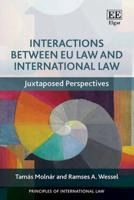Publisher's Synopsis
Close readings of acclaimed 20th century novels and lesser known but stunning works of popular culture uniquely situate us to understand the clash of religious values that led to genocide in World War II Europe (including Great Britain). The author further engages pre-Shoah writers, such as Shakespeare and Melville, signposts to seismic conflicts in law and religion. Law and Literature methods permit the author to uncover the falsehood and antisemitic violence emerging from longstanding religious differences. Inspired by James Carroll (Constantine's Sword), Harold Bloom (Jesus and Yahweh), and Franklin Littell (The Crucifixion of the Jews), Weisberg provokes readers, through reengagement with a series of superb stories, to see in all of them millennia of atrocities disguised as "Judeo-Christian" affinity. As in his Vichy Law and the Holocaust in France (NYU; Gordon & Breach), the author again utilizes archival materials from the wartime period, integrating them into his close readings of fiction.
"Richard Weisberg's standing as a sage of the Law and Literature Movement is augmented in this masterful book."
Anthony Julius, Deputy Chairman Mishcon de Reya LLP, Professor, Faculty of Laws, University College London.
"In this masterful book, Richard Weisberg brings his extraordinary learning to bear on a group of stories, written both before and after the Holocaust, to explore some of its deepest, and most hidden causes. The Holocaust, Weisberg argues, was fueled by Christianity-infused interpretations of religious and legal texts, which have been deployed for centuries against Jewish traditions, intellectual histories, customs, Jewish Law, and legalist ideals. Weisberg builds his case through literary and legal analyses of (among others) Malamud's The Fixer, Shakespeare's Merchant of Venice, Melville's Billy Budd Sailor, Gunter Grass's The Tin Drum, The Old Testament, Nietzsche's meditations on morals, and holocaust-era legal texts from Germany, Britain and Vichy France. We are ill-served by attempts to paper over and distort this history with bromides about "Judeo-Christian" values and shared aspirations. Weisberg's elegant and straightforward scholarship takes us on a path toward a truer accounting."
Professor Robin West, Georgetown Law.
"Richard Weisberg has written an incisive critique of the idea that there is a coherent "Judeo-Christian" tradition. Instead, he emphasizes both the chasms that separate the two religions and goes on to suggest that classical Christian mischaracterization of Judaism contributed to the zeitgeist that made the Holocaust possible. One need not agree with every aspect of his argument to find it illuminating and very much worth extensive discussion. That is especially the case with regard to his truly brilliant analyses of The Merchant of Venice, which is compelling and transformative with regard to the oft-debated assertion, which Weisberg denies, that the play is "anti-Semitic."
Sanford Levinson, University of Texas Law School, author of Written in Stone: Public Monuments and Changing Societies.

